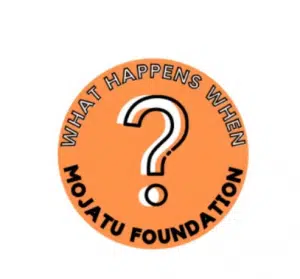The handbook of gender-based violence services we hope you’ll never have to use.
TW: This entire article discusses multiple forms of gender based violence including SA and R*pe
The issue of violence against women has hit the headlines recently following the tragic death of Sarah Everard, but as most women know, this issue has been front page news for us long before this recent incident. Gender-based violence goes hand in hand with the experience of being a woman. An alarming study found that just 3% of women in the UK did not recall ever having experienced sexual harassment. Most of us will experience some degree of violence towards us and we can only hope that it is in a milder form. This is unacceptable but
currently, quite simply our reality. This is an issue that affects women of all ages, races and backgrounds. Most women you know will have a story and that is a heartbreaking fact

As women we are constantly modifying our behaviour, sometimes subconsciously, in an attempt to avoid harm. We are taught to wear bright clothing, to take the most populated route, to keep a key wedged between our fingers for protection. We do all of these things and yet it is never enough. We are still harassed and attacked – daily. Women should be allowed to walk and run without fear, it is that simple. We should not have to “do the right things”; no matter where you are, how dark it is, whether you have had a drink – no one deserves to feel unsafe, it is unacceptable.
We also know that violence occurs at home, behind closed doors. In fact, one in three women globally will be subjected to physical or sexual violence by an intimate partner at some point in their lifetime. In England and Wales, two women a week are killed by their partner and during 2020 as a result of lockdown, domestic attacks against women doubled between March and April in comparison to the previous ten years. Crucially, that is only the cases which were reported, as we know many women are unable to come forward and many have lost faith in the systems which are meant to protect them.
In light of this, Mojatu is introducing a series entitled What Happens When, highlighting key services in the city of Nottingham you can turn to if you experience violence. At Mojatu we are committed to ending sexual violence on a global scale and challenging the damaging patriarchal structures that uphold the sexism we face on a daily basis. We must pressure our government to fix our system of justice to make reports unignorable and make misogyny illegal on a national scale. However, this is going to be a long road and sadly cannot and will
not change overnight. Unlike COVID-19, violence against women cannot be stopped with a vaccine. Therefore, it is likely that gender-based violence will be an issue we face for years to come and while it is terrible, statistically you may find yourself in need of help and support
at sometime in your life. We have looked for the best places to turn to so that you don’t have to. You are not alone and there are people who can help you. We must change how we treat women in our society but until we completely tackle the real and constant threat of violence,
you can use What Happens When to access the support you need.
Kathryn Embree
Sources: World Health Organisation (WHO), UN Women UK and the British Medical Journal.


